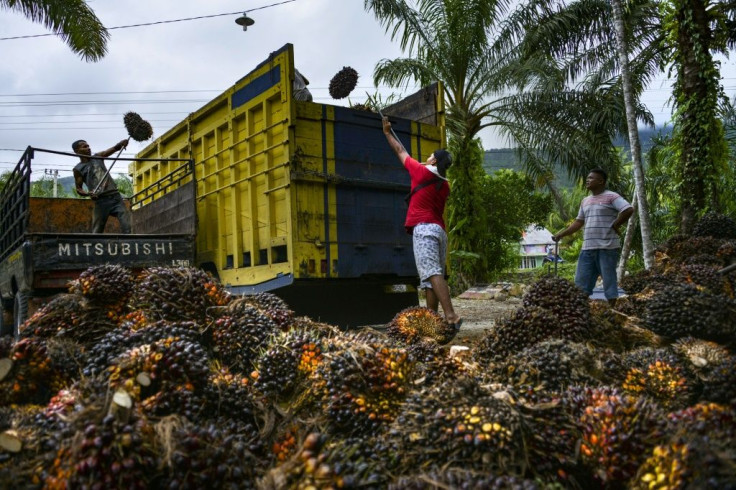Indonesia Economic Growth Slips To 5.02% In 2019

Indonesia's economy grew more slowly than expected last year, official data showed Wednesday, and officials warned the country's lucrative tourism sector faced a negative impact from a drop in Chinese tourists owing to the deadly coronavirus.
Southeast Asia's biggest economy expanded 5.02 percent, down from the 5.17 percent the previous year, owing to weakness in exports and softer manufacturing output.
The figures also missed forecasts for a 5.3 percent expansion.
In December, the World Bank warned that forest fires which raged across Indonesia last year hit the economy to the tune of some $5.2 billion.
The country was also grappling with slumping prices for key commodities such as coal and palm oil, as well as the effects of a China-US trade war which has roiled economies around the world.
"Sustaining growth in a 5.0 percent range in the current environment isn't easy," statistics agency head Suhariyanto, who goes by one name, told reporters in Jakarta.
"So I think achieving 5.02 percent during a global economic slowdown is quite good."
Tourism officials have warned of a drop-off this year as Indonesia throws up barriers to Chinese visitors over fears of a coronavirus outbreak in the country.
Some two million Chinese tourists visit Indonesian annually.
"The number of Chinese visitors has dropped significantly since the imposition of travel restrictions," Ngurah Wijaya, an adviser to Bali Tourism Board and Bali Promotion Board, earlier told Bloomberg News.
"And we have no clarity as well on how soon they can or will return."
Research house Oxford Economics also said the drop-off would take the steam off growth in the first half of 2020.
"We expect the economy to be weak in Q1 as exports take a hit due to the coronavirus outbreak and tourism slows," it said Wednesday.
Indonesia's central bank cut interest rates several times in 2019 to counter slowing growth, throwing up a challenge to President Joko Widodo who has pledged to use his second term to energise the economy by cutting red tape and an embarking on an infrastructure blitz.
His government is moving to submit a package of reforms aimed at luring more foreign investment as well as loosening Indonesia's strict labour laws.
© Copyright AFP {{Year}}. All rights reserved.





















